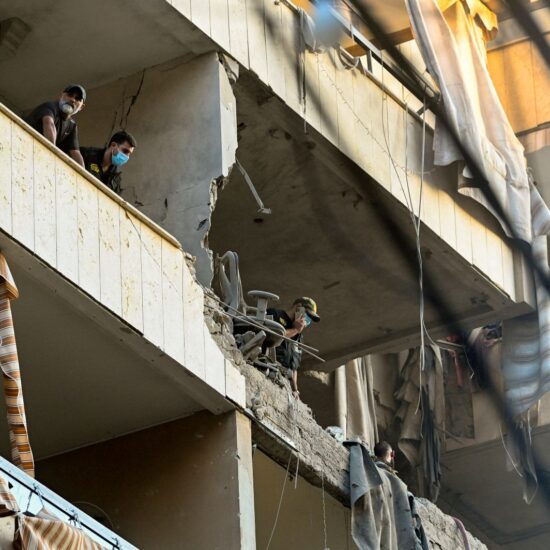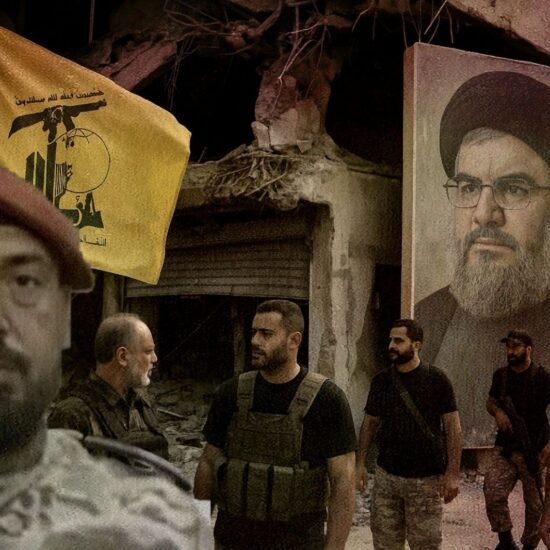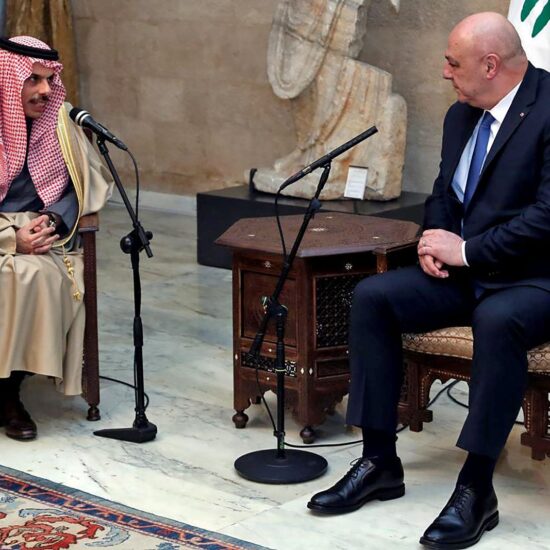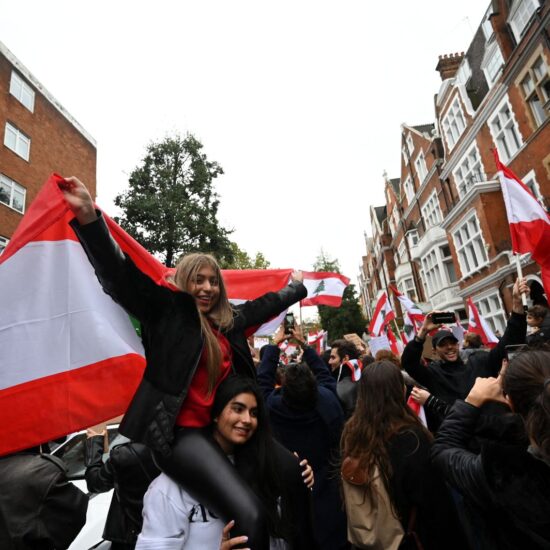
The contradictory narrative behind the ceasefire agreement
In the aftermath of the recent ceasefire between Hezbollah and Israel, a troubling narrative is emerging – one that demands our urgent attention. Hezbollah and its supporters are hailing this agreement as a victory for resistance, framing it as a testament to their ability to protect Lebanon. Yet a closer examination of the terms and the rhetoric surrounding them reveals a more concerning reality: a narrative built on ambiguous interpretations designed to distract, divide, and dangerously polarize the Lebanese people.
Hezbollah’s rhetoric has consistently emphasized certain red lines. Hassan Nasrallah himself stated that any agreement forcing Hezbollah to withdraw from southern Lebanon, sever ties with Gaza, or halt resistance activities would amount to a defeat. Yet, the current agreement entails:
Withdrawal from southern Lebanon: Hezbollah has agreed to relocate its forces north of the Litani River, relinquishing symbolic and strategic control of southern Lebanon.
Severing ties with Gaza: The group’s connection to Gaza is being deprioritized in the agreement, cutting a critical link that Nasrallah once framed as essential to resistance.
Halting active resistance: Active resistance south of the Litani is effectively halted under the terms, replaced by international monitors and the Lebanese Army.
Despite these significant concessions, Hezbollah is portraying the ceasefire as a victory, arguing that Israel’s inability to advance beyond a few kilometers into Lebanese territory is proof of their success. This is a rhetorical maneuver designed to obscure the reality that the agreement grants both Israel and Iran their desired outcomes: Israel secures a buffer zone and reduced Hezbollah activity near its border; Iran retains its regional proxy intact, albeit repositioned.
The manufactured rhetoric of victory
The insistence on framing this as a triumph is not only misleading but also dangerous. This rhetoric is designed to keep us debating over whether this is a victory or a loss, diverting attention from the agreement’s real implications. While we are occupied with these debates, Hezbollah manages to perpetuate the narrative of unwavering resistance, despite crossing the very red lines they themselves established.
This narrative of victory serves a more insidious purpose: by instilling supporters with a sense of psychological empowerment, even amidst displacement and loss, Hezbollah ensures their loyalty. It reinforces their armed presence, justifying their continued dominance in Lebanon. This is not about protecting Lebanon—it is about protecting Hezbollah’s weapons and maintaining the myth of resistance at any cost.
The roots of danger: from October 8 to civil war
The implications of this agreement extend far beyond the present moment. Let us not forget how this war started. On October 8, Hezbollah escalated from the Lebanese front, effectively forcing Lebanon into a war that it was neither prepared for nor consenting to. Instead of protecting Lebanon, they endangered it, provoking devastating retaliation and causing massive displacement and destruction.
Yet, instead of acknowledging these shortcomings or addressing their people transparently, Hezbollah clings to the narrative of saving Lebanon. This narrative might galvanize their supporters, but it alienates others, fostering a polarization that is becoming harder to bridge.
Public sentiment
On Wednesday morning, Lebanon awoke to the first hours of the ceasefire. Displaced residents cautiously began returning to their homes in the south, despite warnings from Israel about unexploded ordnance and infrastructure damage. In Beirut, celebrations erupted, with parades and gunfire marking what many hope is a step toward peace. However, skepticism remains high.
Many Lebanese are asking hard questions: How durable is this ceasefire? Will it bring lasting peace, or is it merely a pause before another round of conflict? The absence of clear enforcement mechanisms and Hezbollah’s continued ability to rebuild its arsenal leaves these questions unanswered. Meanwhile, the burden of recovery and rebuilding falls on an already fragile state and its people, who have endured massive loss.
Polarization as a recipe for civil war
The danger of Hezbollah’s rhetoric lies in its capacity to deepen the divides within Lebanese society. For Hezbollah supporters, the victory narrative instills a sense of psychological power. For others, it serves as a stark reminder of Hezbollah’s unchecked autonomy and its willingness to drag Lebanon into conflicts to serve its own agenda. The result is a society split between those who believe in Hezbollah’s version of events and those who see through the facade.
If this polarization continues without dialogue, the consequences are clear: civil war. This isn’t hyperbole – it’s history. Lebanon has walked this path before, and the signs are disturbingly familiar. A society divided, an armed faction justifying its presence through perpetual conflict, and a state too weak to mediate – these are the ingredients of catastrophe.
What’s worse is the realization that some – including Hezbollah – may actually see civil war as an acceptable outcome. It would justify their continued possession of arms and their position as a parallel authority in Lebanon. For the rest of us, civil war is a nightmare we cannot afford to revisit.
What we need
What Lebanon needs now is not manufactured victories or divisive rhetoric – it is accountability and dialogue. Accountability from Hezbollah for the choices that endangered Lebanon on October 8. Dialogue among Lebanese factions to address the profound rifts that threaten to tear the country apart. But without collective efforts to rebuild the nation – economically, politically, and socially – the ceasefire risks becoming just another pause in a cycle of conflict.
Hezbollah’s insistence on framing every action as a victory may satisfy their immediate goals, but it leaves Lebanon vulnerable to long-term destruction. The next time someone makes bold declarations of victory or blame, remember this: polarizing narratives don’t save nations; they destroy them.
Lebanon cannot afford more lies, more wars, or more divisions. It’s time to choose survival over slogans and unity over fragmentation. If we fail to do so, the consequences will be felt by every Lebanese – no matter what side of the argument they stand on.
Ramzi Abou Ismail is a political psychologist and researcher at the University of Kent.
The views in this story reflect those of the author alone and do not necessarily reflect the beliefs of NOW.








